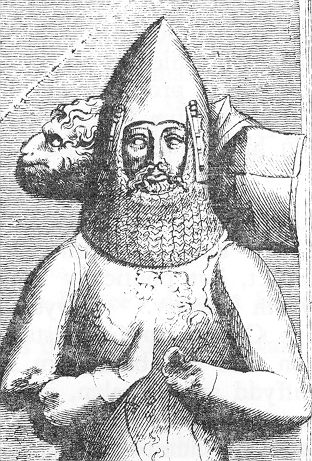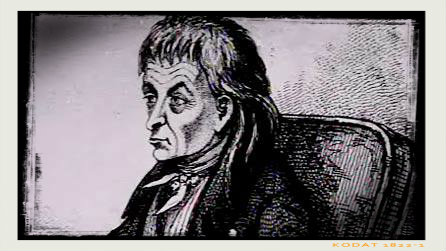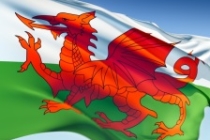Eisteddfod Genedlaethol Cymru - National Eisteddfod of Wales

Eisteddfod Genedlaethol Cymru Sir Gâr, 1 - 9 Awst 2014. Mae hanes hir ac amrywiol i’r Eisteddfod Genedlaethol, gyda’r Brifwyl yn dyddio’n ôl i 1176. Cynhaliwyd yr Eisteddfod Genedlaethol gyntaf ar ei ffurf fodern yn 1861 yn Aberdar. Yr Eisteddfod yw un o wyliau celfyddydol mawr y byd, sy’n dod â phobl o bob oed a chefndir ynghyd i ddathlu a mwynhau cymysgedd eclectig o gerddoriaeth, llenyddiaeth, dawns, theatr, celfyddyddau gweledol a llawer iawn mwy.
The first modern Eisteddfod was held in Aberdare (Aberdâr) in 1861. The National Eisteddfod of Wales takes place in Carmarthenshire from 1 - 9 August 2014. It is one of the three major Eisteddfodau held in the summer months. The others are the Urdd being held in Meirionnydd 26 - 31 May 2014 and the International Eisteddfod at Llangollen 8 - 13 July 2014. They are all important events being held over the summer months. However, summer is not the only time of year that such festivals are held and the Winter Eisteddfod is also a feature in parts of Wales. Indeed the first Eisteddfod was held over Christmas in 1176 and was known as a bardic tournament.
The event was instigated by Rhys ap Gruffydd (1132 - 28 April 1197). He was the ruler of the Deheubarth realms of south Wales at the time. The event of 1176 was seen as a way of underlining his importance as the country’s most important chieftain. Even at its inception this event of poetry and music was seen as a national celebration, but also encouraged international participation. This international legacy continues today. It is said that the poetry chair was won by a bard from Gwynedd in north Wales and the music prize went to someone from Rhys ap Gruffydd’s own court. When he died in 1197 he had been ruler for over forty years. He was buried in Eglwys Gadeiriol Tyddewi (St Davids Cathedral).

Although the Eisteddfodau continued throughout the centuries an important event took place in 1819 that was of significance in the years that followed. This happened at the Eisteddfod held at the Ivy Bush Hotel in Carmarthen and involved Iolo Morganwg. Iolo Morganwg (1747-1826) from Llancarfan in Glamorgan was a passionate supporter of Welsh culture and also an active anti-slavery campaigner who revived Welsh bardic traditions in the 18th and 19th centuries and created the Welsh order of the bards. He established the Welsh Gorsedd of the Bards drawing on ancient druidic traditions for inspiration. The first Gorsedd was held on 21 June, 1792.
At the Eisteddfod in 1819, the Gorsedd, seen as the guardian of the language and culture of Wales, was formally linked with the Eisteddfod. The Gorsedd represents a coming together of bards not only in Wales, but also Cornwall (Gorseth Kernow) and Brittany (Goursez Vreizh) and maintains the national Celtic traditions and language of these lands. The close link between the Gorsedd and Eisteddfod has continued since 1861 when the National Eisteddfod took its current form. The Proclamation Ceremony and other Gorsedd ceremonies held during the week of the National Eisteddfod are held within the Gorsedd Stone Circle.
As the Eisteddfod Genedlaethol Cymru states on its website:
The Welshness is an integral part of our festival. However, this is not only a festival for Welsh speakers, rather a friendly and vibrant festival for anyone interested in our country, our culture and our language. Many of our visitors have no knowledge of Welsh – and the welcome is the same for every one – warm.
The Eisteddfod is a wonderful event and if you get the opportunity well worth visiting. Information on the event and how to get there can be obtained from www.eisteddfod.org.uk.
- Welsh
- English
- Log in to post comments





